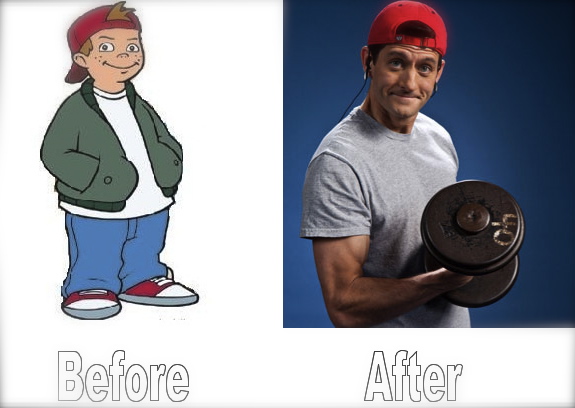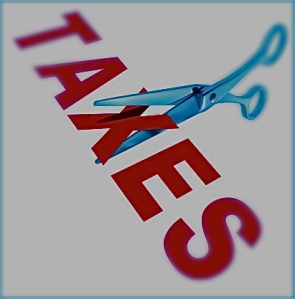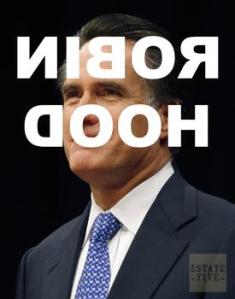One theme that emerged from this most recent election (and from the comment section of this post) is that the American electorate is divided into two categories – the makers and the takers. This being embodied by Mr. Romney’s “47 percent” comment (those who pay no federal income tax) and his post-election comment about President Obama’s victory being the result of him promising gifts. Fox News agreed with this line of thinking, which prompted Bill O’Reilly to say half the country just wants “things.”
Where I disagree with Bill O’Reilly is that he believes only half the country wants “things” – the whole country does. Every single person wants some “thing.” The nation isn’t made up of makers and takers – it’s made up of HUMANS. Take any Econ (micro) 101 class and at the core is the basic principle that people act out of self-interest. People make decisions to maximize utility, or as I had one Professor put it, “People make decisions to make them happier.”
It’s not that we have a nation of have’s and have not’s or makers and takers; we have a nation of people. People who want to maximize their wellbeing. So it shouldn’t come as a surprise when people vote in their own self-interest. Women, Hispanics, and the youth tend to vote more Democratic because Democratic ideals and principles align more closely with their self-interest. Conservatives can say Democrats are in the business of giving away gifts, but this same practice goes for Republicans as well.
The wealthy, the ones who vote Republican, are voting in their own self-interest. The Republican Party is committed to lowering taxes on corporations and top earners. They are committed to fewer environmental regulations. And they are committed to rolling back financial reform. All these are gifts to many Republican donors and voters. It’s pretty simple; both parties offer “gifts” – then the people vote accordingly.
The right doesn’t see it this way though because they believe their model is not just about helping the rich; they believe their model will benefit everyone – that wealth trickles down. It’s a convenient way of thinking, but it’s disconnected with reality. Taxes are at all time lows and have been on the decline since the 80’s, yet we’ve seen no economic boom, only an increase in income inequality. Lax environmental regulations have contributed to an increasingly warmer planet. And dismantling regulations like Dodd-Frank would get rid of the one piece of legislation attempting to prevent another financial collapse.
Republicans like to believe Democrats want people to stay reliant upon the government, which is why the left is usually more in favor of expanding the safety net. However, unlike the Republican model, the Democratic model has historically been successful. Democrats believe in the idea that wealth and prosperity do not stem from the rich or the ‘job creators’; they believe it starts with the average worker. And contrary to a lot of conservatives, this isn’t liberal dogma or some high-minded moral sentiment, it’s actually economically backed. Economies operate on simple supply and demand. As overall demand (or aggregate demand) increases the economy responds and grows.
Demand starts with the many, not the few. It starts with the average person spending their disposable income on goods and services. So in times of recession when people are out of work or their hours are cut, they have less disposable income and the economy slows. This is where government can help, it can step in and provide people with income assistance to not only ensure people can survive, but to actually help get the country out of its slump. It was government spending that got us out of the Great Depression, and although Republicans will disagree, economist are pretty much in agreement that Obama’s stimulus helped in this recovery. So it’s not that Democrats want people to stay reliant upon government, rather, Democrats realize government can help; government can do good.
The right can say Mr. Obama gave people gifts, but it’s no different than when Republicans offer gifts to their supporters. The only difference being that Democrats’ gifts have to lead prosperity in the past while the Republican gifting model has only lead to sharp income inequality, lackluster economic performance, and oh yeah, all those tax cuts that have done nothing but contribute to our debt.
















